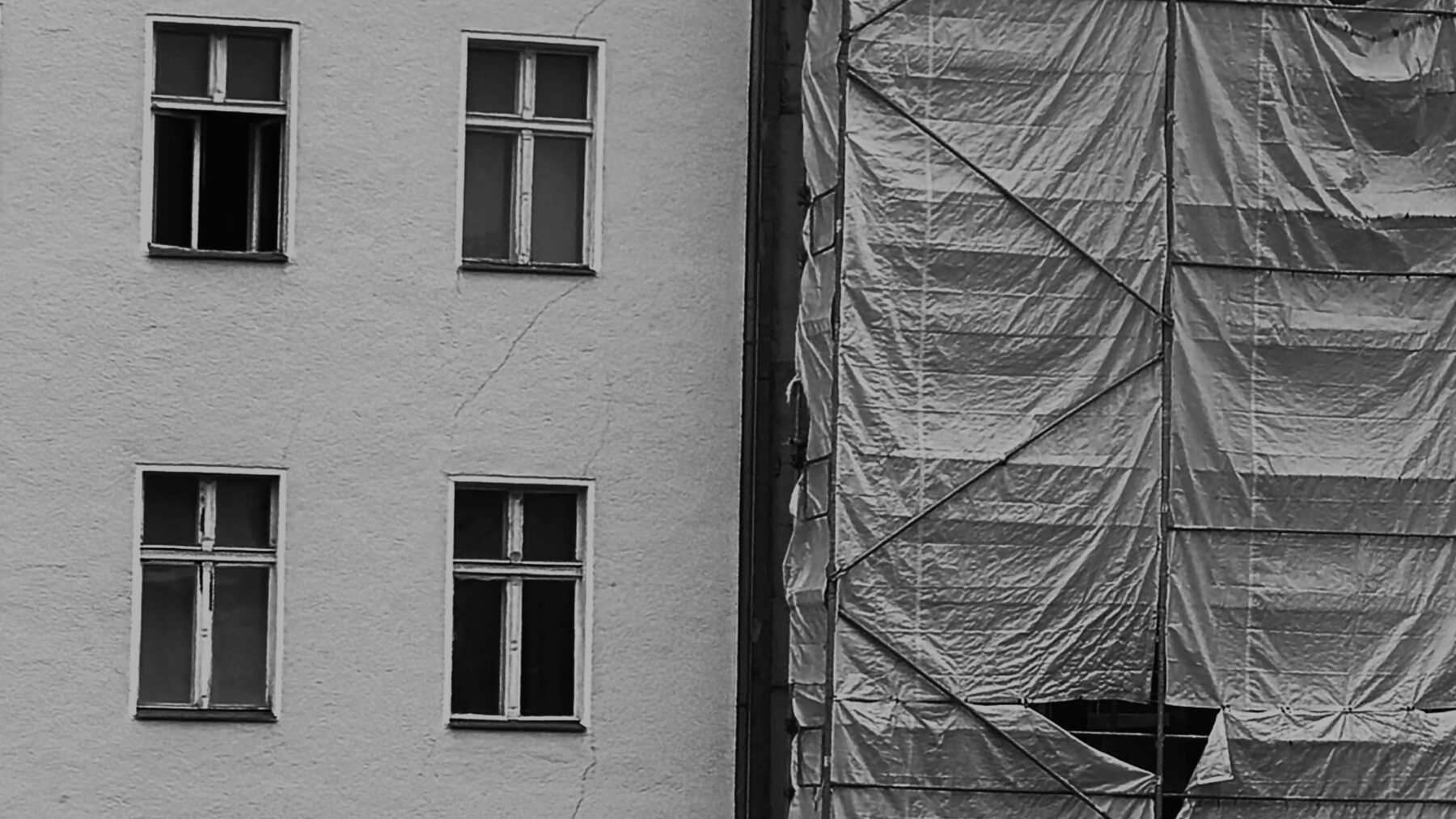Camus’s critique is directed not toward the whole existential thinking-philosophizing, but only toward a specific version of “existentialism”, in which meaning is thought of as a possibility still residing in the meaninglessness permeating, shaping, and deciding the human condition. For “existentialism” is neither a systematic whole nor a unified project, but is rather made up of repeated attempts at questioning specific questions concerning existence, our existence in the world.
Nietzsche’s word as the Origin and Extent of Camus’s Thought
The death of God is the origin and extent of Camus’s existential thought in its subjecting of all thought to a violent rupture resulting from the sudden disappearance of meaning, truth, and value and the loss of the most fundamental and perhaps the most ancient foundation.
Camus’s writings, in their entirety, are a response to this radical absence of stability, clarity, and orientedness; they think toward and arise from the fading away of all grounds in such a way that groundlessness is itself their ground.
Camus’s thinking is neither a radicalization of Nietzsche’s word nor a thinking further of what Nietzsche says; it is only an attempt at remaining within the space opened up by Nietzsche’s thinking-philosophizing in terms of loss and nonrecoverableness.
The Myth of Sisyphus is where Camus takes Nietzsche’s word and lets it unfold through and shape our existence in the world. That is to say, Sisyphus’s whole existence, when brought to language, is simply said by the death of God; Sisyphus is the personification of Nietzsche’s word, of the god’s death.
The Myth of Sisyphus, “Existentialism”, and the Absurd
In The Myth of Sisyphus, Camus agrees with all dominant existential thinking-philosophizing concerning the meaninglessness and absurdity lying at the heart of the human condition and human existence, but refuses and sees as problematic and paradoxical the eventual search for meaning that is carried out by some existentialist writers. He says that “they deify what crushes them and find reason to hope in what impoverishes them. That forced hope is religious in all of them”,
For Camus, any search for meaning in the midst of this meaninglessness carries within itself residues of religiosity and is thus a form of escapism, suicide, and irrationality. Meaninglessness is not to be overcome in Camus’ existential thinking-philosophizing, for any attempt at overcoming the absurdity defining the human condition is a betrayal of the insight from which all existential thinking-philosophizing first emerged.
For Camus, any search for meaning or any turning away from the absurd involves a delivering of oneself over to the transcendent, which necessarily requires neglecting the limits of human existence and the reality of the human condition, which gave birth to all existential thinking-philosophizing in the first place.
This is why Camus critiques, and distances himself from, all existential attempts at finding or creating meaning. For in such attempts lies a deep, and perhaps unthought and unquestioned, betrayal of the grounds of that which is referred to as “existentialism”, which is the absence of all grounds. In such attempts lies a paradox, for “starting from a philosophy of the world’s lack of meaning”, they end up “by finding a meaning and depth in it”.
Although Camus’s writings arise from and are oriented toward this absence, constantly questioning it and repeatedly rediscovering it anew, refusing to leave it behind or to cover over it, it is never assumed by Camus that turning away from meaning or not attempting to reach meaningfulness in the midst of meaninglessness is something simple.
Camus acknowledges that searching for meaning is a human desire; it cannot be escaped or turned away from in the sense that to be a human is to need, seek, and desire unity, clarity, cohesion, and closure. Searching for meaning and grounds is rooted in how and what we are; it is unavoidable and impossible to overcome. Yet it is the task of absurd thinking and philosophizing to re-orient us toward the radical absence that should not be either forgotten or covered over. This is why Camus says that “the absurd is lucid reason noting its limits” and thinks toward art, happiness, religion and hope in light of and in relation to such limits.

